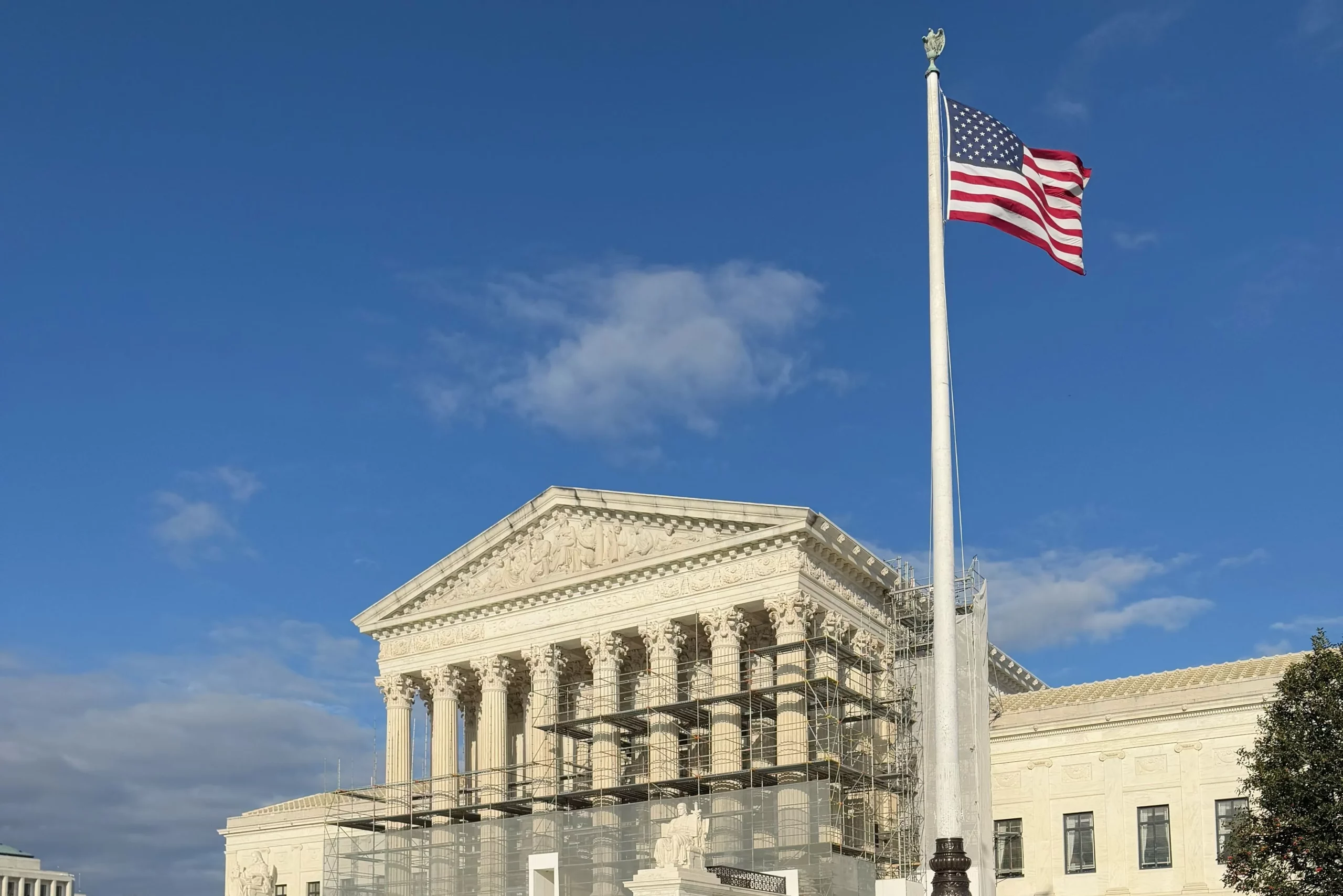In a closely watched case that reignited debates over the separation of church and state, the Supreme Court deadlocked 4-4 on whether Oklahoma could approve the nation’s first religious charter school. The decision effectively blocks the proposal — for now — marking a significant moment in the evolving legal landscape around education and religious freedom.
What Happened?
The case centered on a proposal from the Archdiocese of Oklahoma City to launch St. Isidore of Seville Catholic Virtual School, a state-funded online charter school with explicit religious teachings. Supporters argued that excluding religious groups from charter school opportunities was discriminatory. Opponents countered that allowing public funds to support religious instruction violated long-standing constitutional principles.
With Justice Ketanji Brown Jackson recused and the remaining justices split, the Supreme Court deadlocked, leaving in place a lower court decision that blocked the school from opening. This deadlock means there’s no national precedent — yet — but the issue is far from settled.
Why This Matters
At the heart of the debate is whether religious charter schools can receive taxpayer funding while promoting a specific faith. Charter schools are public schools. They’re meant to follow state guidelines and serve all students regardless of background. A religious charter school, critics argue, blurs the line between church and state.
This decision signals that even the Supreme Court, known for recent decisions favorable to religious liberty, is divided on how far that liberty extends in publicly funded education. It’s a reminder that the Constitution’s Establishment Clause — which prohibits government endorsement of religion — still holds weight in modern legal interpretations.
Oklahoma’s Role in the Broader Legal Battle
Oklahoma became the first state to approve a religious charter school, setting off legal challenges that brought the issue to national attention. The state’s Charter School Board initially approved the application, backed by Republican leaders, including Governor Kevin Stitt. They framed it as a matter of religious equality.
Civil liberties groups, including Americans United for Separation of Church and State, quickly sued, warning that the move could open the door to taxpayer-funded religious indoctrination.
What’s Next?
Because the Supreme Court rejected the case by a deadlock, the decision doesn’t create a legal precedent. However, similar proposals in other states are likely to follow, keeping the issue in the national spotlight. Another case could eventually reach the Court again — potentially with a full bench.
For now, the message is clear: religious charter schools remain a legal gray zone, and the high court isn’t ready to settle the matter once and for all.



